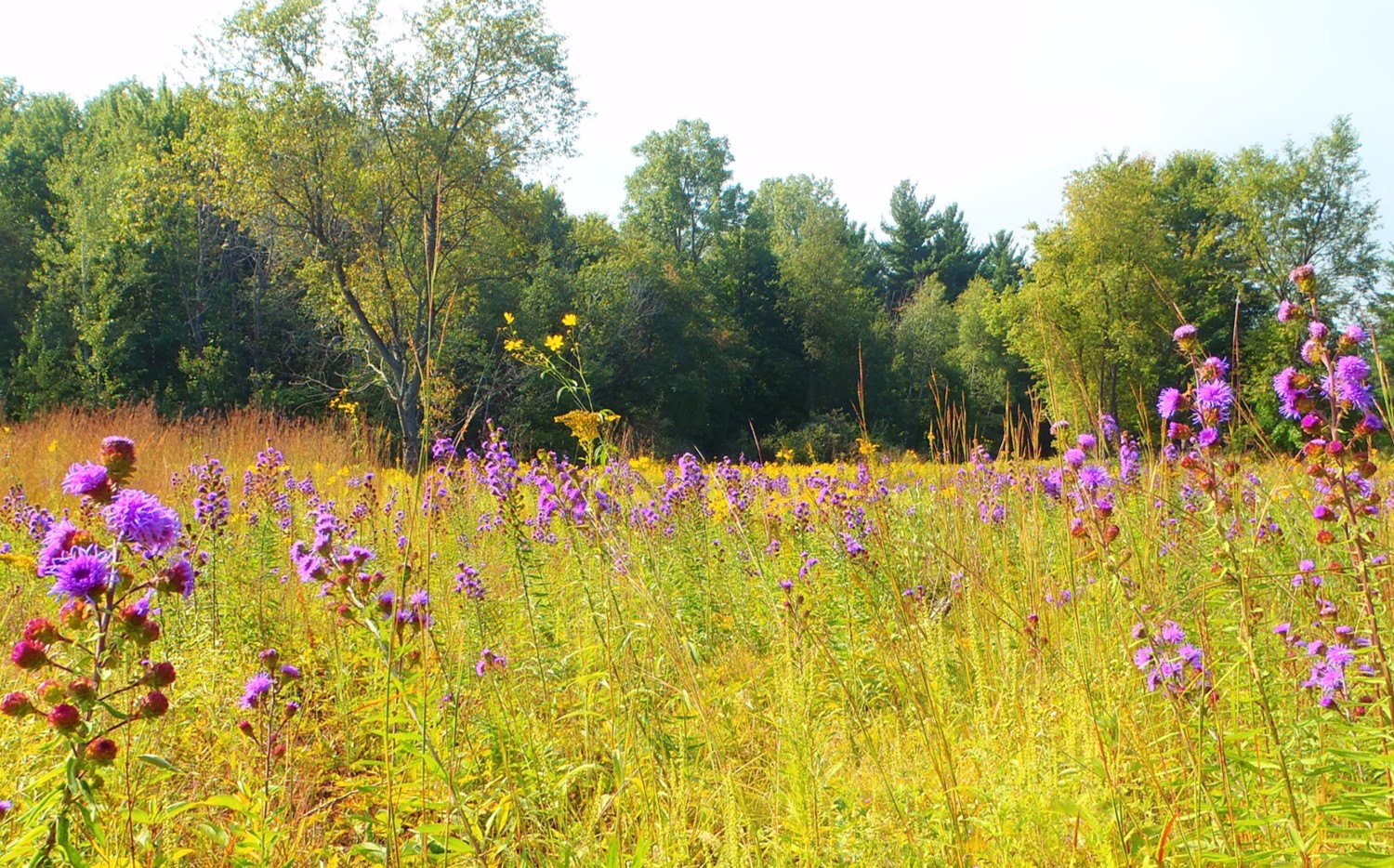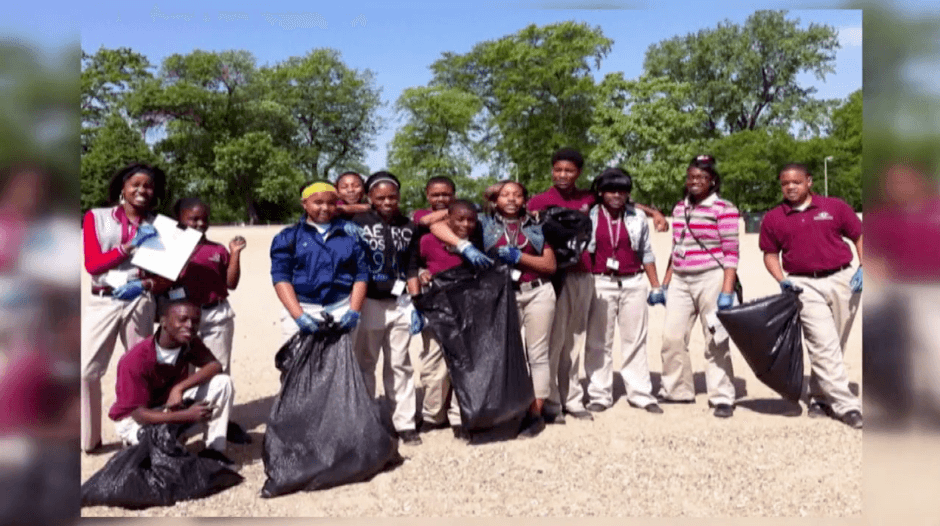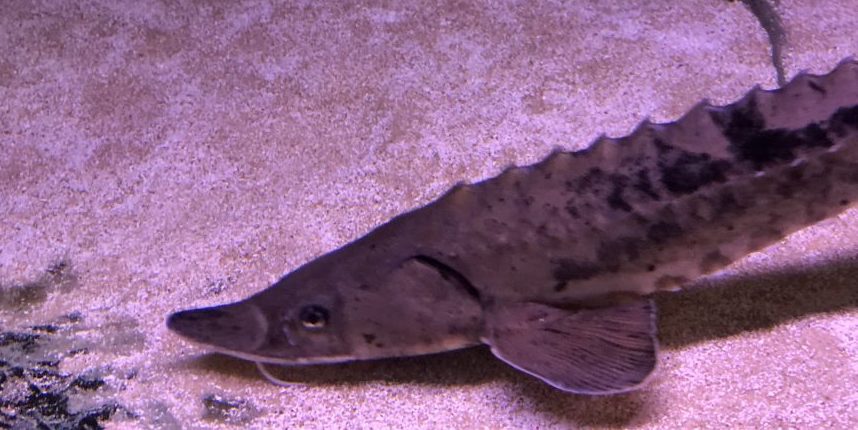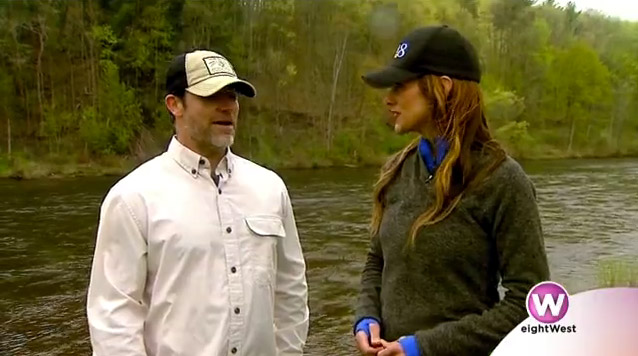One of the “last great places on Earth” is right in metro Detroit, according to the The Nature Conservancy.
Stretching from Southeast Michigan to the Maumee River in Ohio, a unique ecosystem known as the Lake Plain Oak Openings Region is home to some of the rarest plants, birds and butterflies on the planet.
Oak Openings, described by settlers as park-like savanna with widely spaced mature oaks and shrub cover, once flourished in the southern Lower Peninsula with bison, elk, caribou, mountain lions and wolves.
Nearly wiped out by decades of urban sprawl and overrun by invasive species, the ecosystem is now being preserved and managed one precious acre at a time.
“Our goal is to protect and restore the few natural areas that remain and then connect them through restoration so that when you look at it from space, it’s a ribbon of green connecting Detroit and Toledo,” said Steven Woods of The Nature Conservancy.
The Nature Conservancy leads the Green Ribbon Initiative, a partnership of conservation groups working to protect the natural beauty and biological diversity of the grasslands that once covered 1,300 square miles over Ohio and Southeast Michigan.
And it’s paying off.
Conservation efforts on public lands and nature preserves have protected approximately 12,000 acres of Oak Openings habitat in Ohio and about 1,700 acres in Michigan’s Monroe, Washtenaw and Wayne counties.
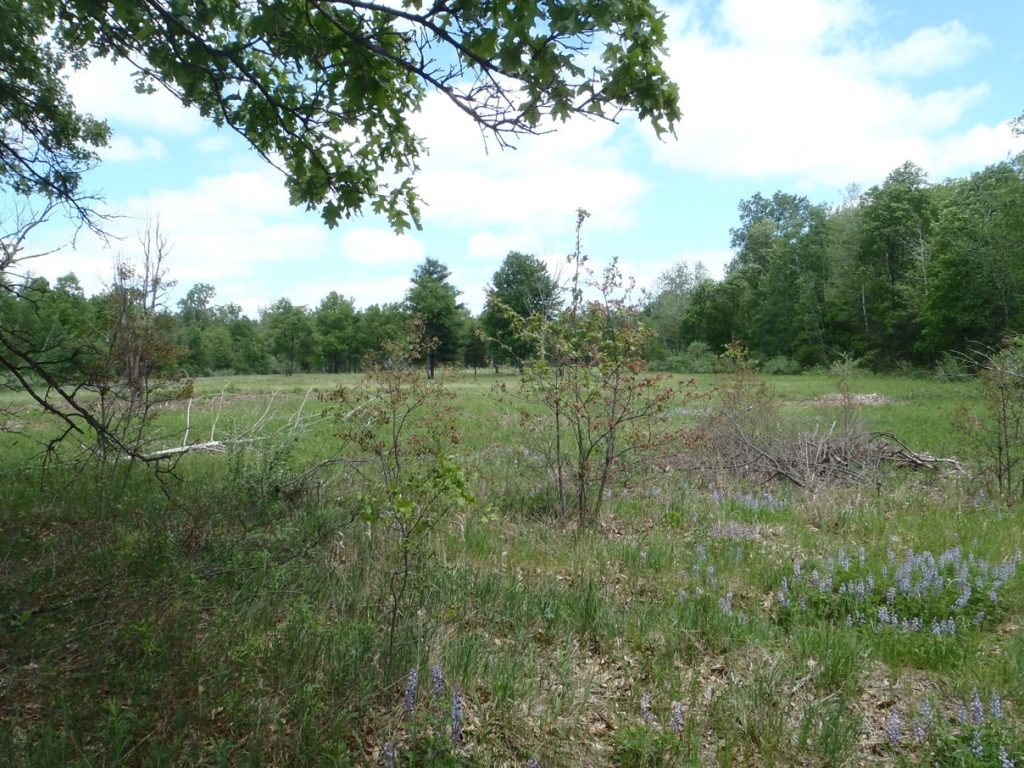
Petersburg is a success story
A lot of work has taken place at the Petersburg State Game Area south of Dundee, Michigan, to restore this critical habitat.
This 484-acre game area in Monroe County is home to about 10 patches of rare Oak Openings and has been specifically set aside for wildlife conservation and management.
“Many of our state-owned lands are the last pieces of natural habitat left, and that’s particularly true at Petersburg,” Woods said.
Since so few acres of Oak Openings communities remain, even small increases in quality or quantity can make a significant difference in the health of the associated species, according to The Nature Conservancy.
These few remaining remnants at Petersburg State Game Area had been eliminated through the years by autumn olive, an invasive shrub that crowds out native plants.
“The Nature Conservancy did a lot of the habitat work at Petersburg from about 2012-2015 to clear woody vegetation out of the openings and bring them back to prairie-type openings,” said Zach Cooley, a Michigan Department of Natural Resources wildlife biologist.
Maintaining sustainable and healthy landscapes, such as Oak Openings, benefits every Michigan resident, said Matt Pedigo, chair of the Michigan Wildlife Council.
The Michigan Wildlife Council was created in 2013 to educate the public about the importance of conservation and wildlife management, as well as the direct impact fishing and hunting have on Michigan’s wildlife and natural resources.
“Thankfully, Michigan is able to pay for these conservation efforts through funds generated by fishing and hunting licenses,” Pedigo said. “In addition, our state’s wildlife conservation is funded through a portion of the sale of equipment such as fishing gear, guns, ammunition, and bows and arrows.”
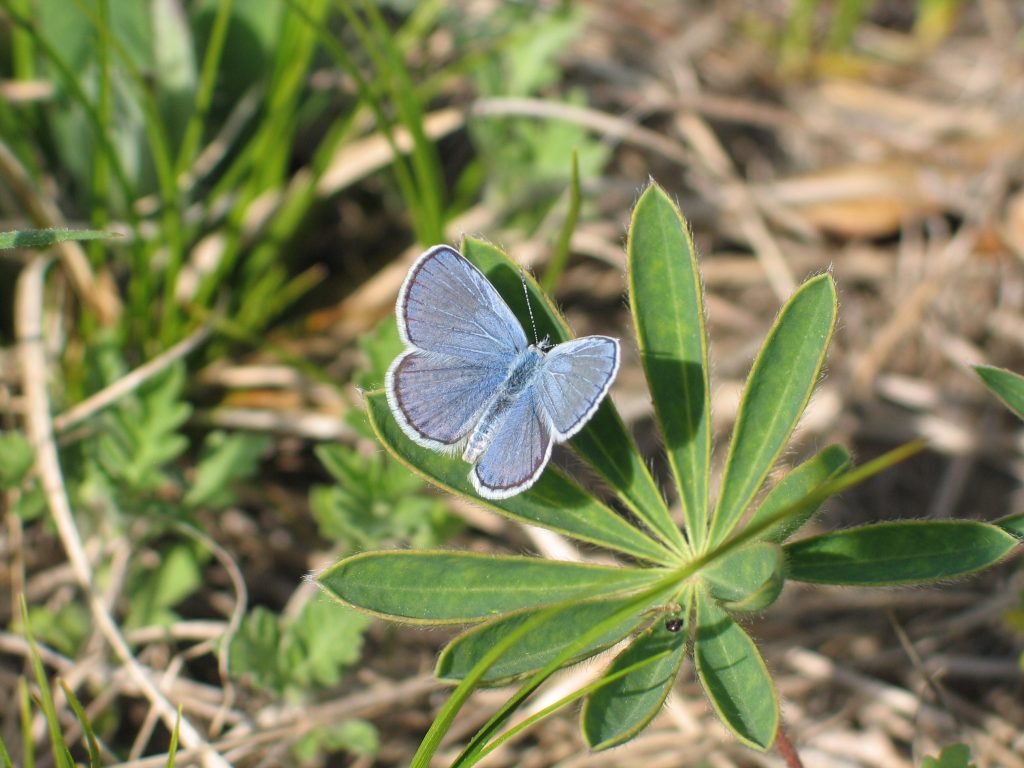
Wildlife thrives
Wildlife management and conservation allow species such as the Karner blue butterfly to rebound. Once widespread from Maine to Minnesota, the butterfly is now a federally listed endangered species and is listed as a Michigan threatened species.
“Without prescribed burns by our Forest Resources Division to keep the woody vegetation from taking over, rare species such as the Karner blue butterfly would not exist at the Petersburg State Game Area,” Cooley said.
DNR staff simulates the historic role of fire with controlled burns on about 100 acres at Petersburg, the only place in Southeast Michigan where rare Karner blue butterflies are found.
That’s because if there’s one thing Karner blues love, it’s lupine: Females will lay eggs only on wild blue lupine because their larvae (caterpillars) feed solely on lupine leaves and flowers.
And wild lupine flourish only after fire forces open its hard seeds and creates open-canopied habitat.
“If an area becomes overgrown with trees, the lupine can’t grow and Karner blues have no place to lay their eggs,” said Dan Kennedy, DNR endangered species coordinator.
The lark sparrow is another Petersburg success story.
“The lark sparrow was believed to have been extirpated in Michigan, which means it used to exist here but doesn’t any longer,” said Holly Vaughn, DNR wildlife communications director.
Like all wildlife, lark sparrows compete for habitat. So if a region doesn’t have enough suitable habitat, they won’t breed there.
“But like they say, ‘If you build it, they will come.’ We found that after restoring these natural areas at Petersburg, the lark sparrows immediately returned and nested there. This is the first time the lark sparrow has lived in Michigan in a long, long time,” Woods said.
This restoration has also improved habitat for virtually all game species, including woodcock, deer and turkey.
Organizations such as Ducks Unlimited or Pheasants Forever, as well as private landowners, are also pitching in throughout Michigan and across the nation to restore natural areas, Woods said.
“Conservationists and sportsmen agree that healthy ecosystems benefit all species,” Woods said.
These partnerships are invaluable to the conservation of Michigan’s wildlife.
“Pairing up with other organizations to conduct habitat work allows us to accomplish so much more than we could alone,” Vaughn said. “This benefits not only the wildlife, but the people who enjoy wildlife-related recreation as well.”
